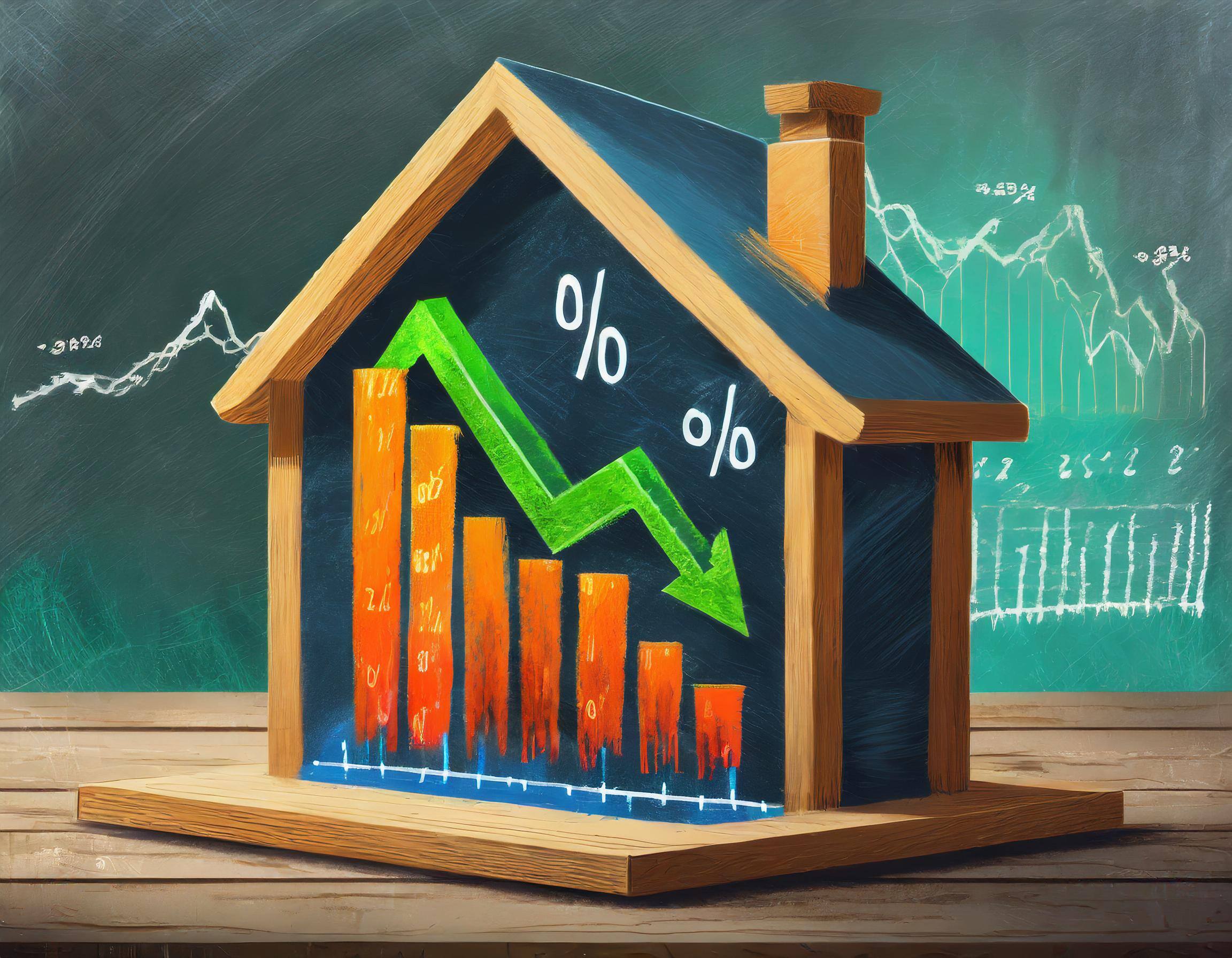If today’s low mortgage interest rates have you thinking about getting a little cash out of your home’s equity, you’ll be glad you found this article.
We wrote it because the first question we typically hear from homeowners thinking about accessing their equity is: Home equity loan or refinance our current mortgage to take cash out? And the second question is usually: what IS a home equity loan?
That’s exactly what we want to answer for you in this article. Here are all the facts you need to consider about home equity loans so you’ll have a better understanding before making a decision.
What You Need to Know About Home Equity Loans
A home equity loan changes nothing about the mortgage you already have on your home. It’s a Second Mortgage with your home used as security for the loan. That means, if you stop making payments on the home equity loan, the lender can take possession of your home to get their money back.
That’s all for the bad news. Now we’ll focus on the good aspects of a home equity loan. There are two types of home equity loans:
- A Home Equity Loan resembles your primary mortgage. You borrow a lump sum of money, and the interest rate is fixed with regular payments typically over a 15 year period. Repayment begins right away, just like a first mortgage.
- A Home Equity Line of Credit (known as a HELOC) resembles a credit card secured by your homes’ equity with a second mortgage. The interest rate is not fixed but can fluctuate monthly if the Prime Rate changes. (The Prime Rate as announced in the WSJ.)
With a HELOC, you can use as much or as little money as you need - when you need it. Just like using a credit card allows you to charge as much or as little as you like, up to the limit on your card. Note that most HELOCs require you to borrow a minimum amount between $25-50,000 immediately.
For the first ten years, you’re only required to make interest payments, but you can pay any amount of the outstanding balance down at any time, without penalty. And, you can do this over and over again during the first 10 years. Borrow funds, make interest-only payments, then borrow more funds, and possibly pay back some of the principal - it’s your choice.
After 10 years, you can no longer access the line of credit, and the balance is amortized over the next 20 years. Meaning, at that point, you’re required to begin making principal and interest payments monthly. However, the interest rate is still subject to change monthly, if the Prime Rate changes. Your monthly payment can increase or decrease when that happens.
Qualifying for a Home Equity Loan
As with all types of mortgages, you AND your home must qualify.
The lender determines what they feel your home is currently worth. In some cases, a new, full appraisal will be required, or the lender may use an automated system to get a current market value. Either way, you’re bound by this value to determine the maximum loan amount you’re approved for.
Home Equity loans allow you to borrow up to 89.9% of the value the lender determines for your home, depending on your income and debts. Qualifying for these loans is more difficult than for a first mortgage.
To get all the details on how home equity loan qualifying works, consult with a Point Equity Loan Officer.
When a Home Equity Loan is a Good Idea
As home values increase and equity grows, it’s easy for homeowners to make a common mistake of seeing their home equity as a handy source of ready cash. They access it to cover debt consolidation, minor repairs, or large purchases.
There are still good reasons for getting a home equity loan. For instance:
Reason #1: You want to access cash in order to make repairs/improvements prior to selling your home. Having an interest rate that could change any month is not a big concern when you plan on listing your home for sale as soon as all the work and sprucing up is completed.
The home equity loan will be paid off completely when your home is sold. If you obtain a HELOC, you’ll pay interest only for just a few months while waiting for the home to sell. And the interest rate will be much lower than using credit cards to finance these short term projects.
One caveat to consider in this situation is that the new debt from the HELOC will have a short term impact on your credit score. If you plan on moving to a new home after the sale, consult with your Point Equity Loan Officer to see whether this would pose a problem for your next mortgage.
Reason #2: You have an emergency and you need access to funds. Keep in mind that it can take 30-45 days or longer to complete the process for obtaining a home equity loan, do if you do have an emergency, this may not be the best solution.
However, if an emergency comes looming on your horizon, it’s an option you should consider and act on as quickly as possible. The best next step, if you feel this is applicable to your situation: consult with a Point Equity Loan Officer to discuss your options. They may have creative solutions you haven’t even considered possible.
Reason #3: You’ve decided to tackle a major home improvement project on a DIY basis. First of all, wow, congratulations if you have the knowledge and expertise to do it yourself. Accessing cash through a HELOC is a great option as you can borrow funds to pay for supplies and professional services as they come up.
Only using cash from your HELOC when you need it will help you save on interest payments. If you plan on refinancing to pay off the HELOC when you finish, make sure to keep detailed records of everything you spend, including all invoices from professional services and supplies. This will impact the underwriting decision for the refinance.
You Need an Exit Strategy for a Home Equity Loan
Another mistake homeowners can make is not planning how they will pay off a home equity loan. With the potential for interest rate changes monthly and the ultimate 20-year payback period, a home equity loan can quickly become unaffordable.
Exit strategies can include selling your home within 18 months to two years. It may mean doing a full refinance to combine the first mortgage and the home equity loan in one, new mortgage. A worst-case scenario exit strategy is to go through the full 30-year term of the home equity loan to pay off.
Note that the IRS rarely considers interest paid on any second mortgage tax-deductible. Unless the money is used to make a major physical upgrade to your home, like adding square footage or adding a bedroom or bathroom, it’s not deductible. Consult a tax professional to discuss your situation before making a decision based on tax implications.
No matter what your situation is, we’re hoping that we’ve given you enough information so that you can consider your options. But to make the best decision for you and your family, you will definitely need a personal consultation with a Point Equity Loan Officer!








